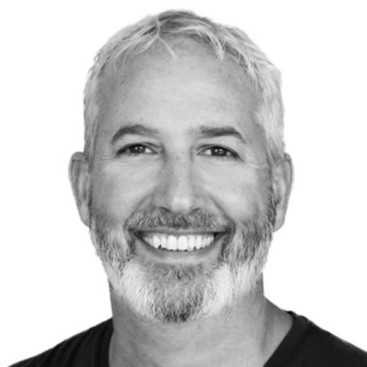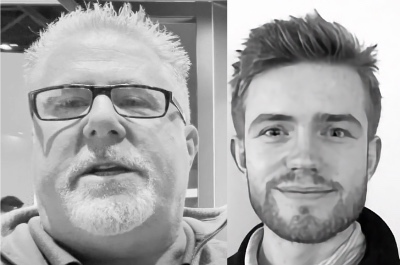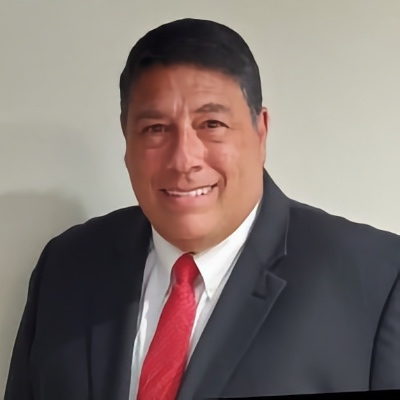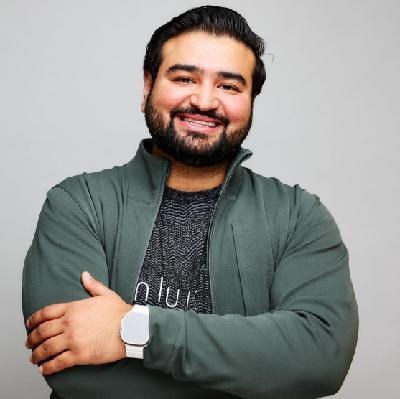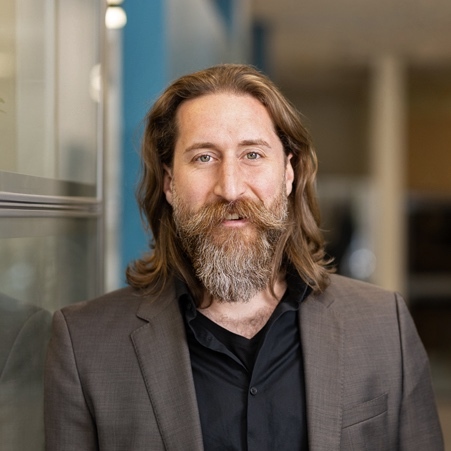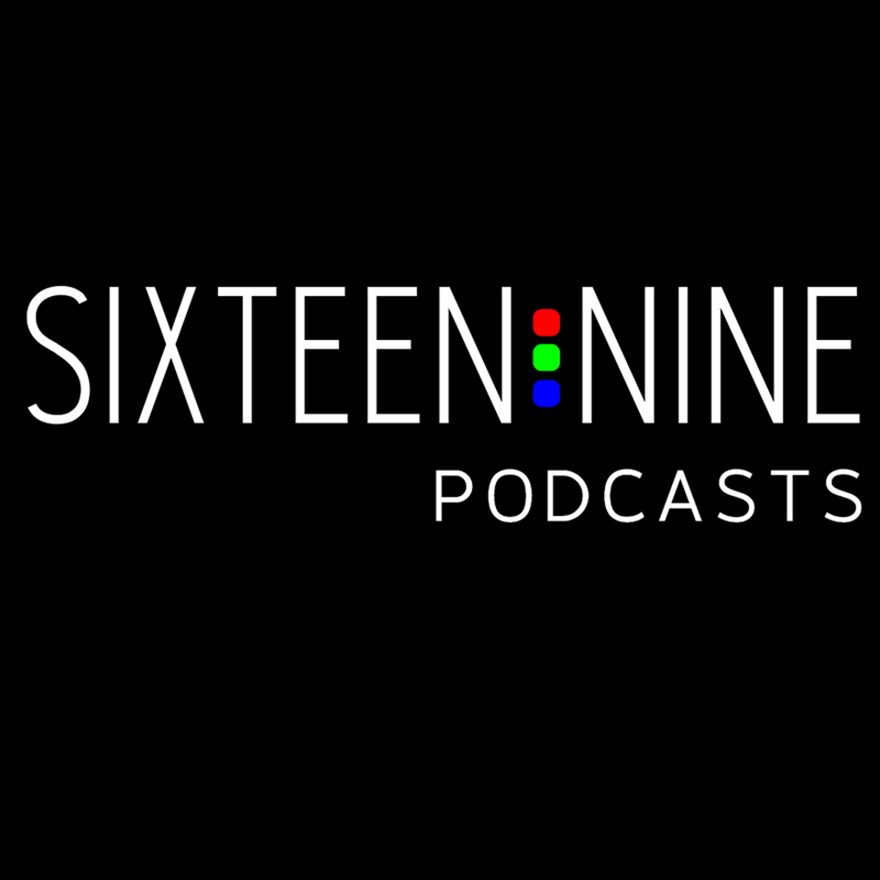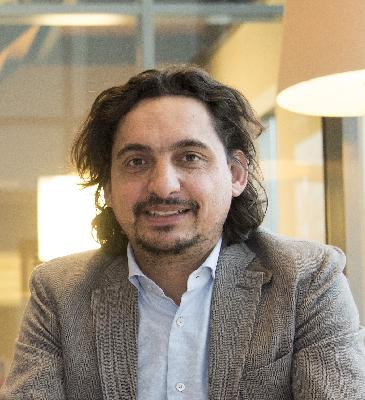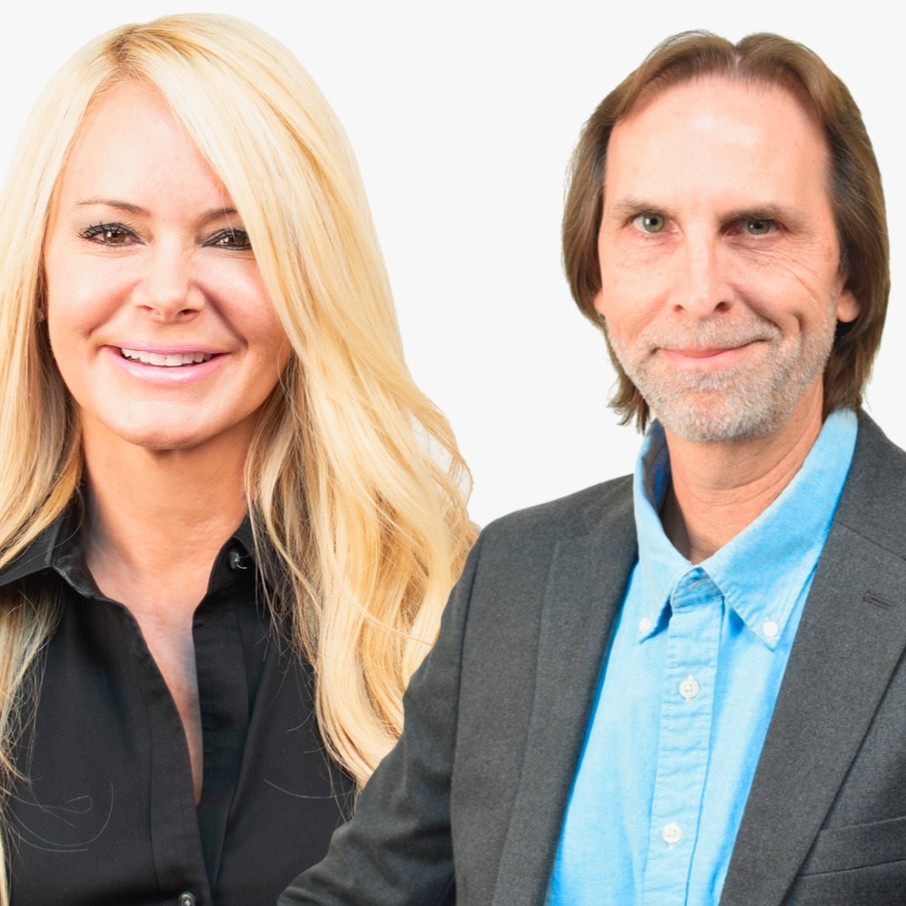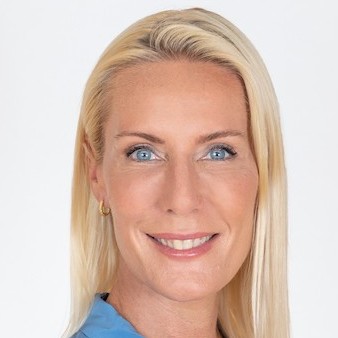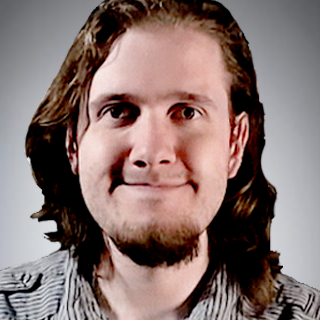Ariel Haroush, Outform & Future Stores
Description
The 16:9 PODCAST IS SPONSORED BY SCREENFEED – DIGITAL SIGNAGE CONTENT
One of the particularly interesting things about Outform is how a company that's been doing digital in retail for 20-plus years is not all that well known in digital signage circles.
Not that it's hurt the Miami-based company, which has offices and manufacturing facilities all over the world, and has delivered countless tech-centered shopper engagement solutions for some of the world's biggest brands.
I'd been operating mostly with the impression that Outform designed nice-looking digital fixtures for retail, but there is a lot more to the company than that. They do the whole nine yards of retail from idea through execution.
I had a great chat that could have gone on for a few hours with Outform founder Ariel Haroush. We started with the company's roots and how Haroush kind of fell into scalable digital solutions for retail. We get into how the company works and the state of things like retail media.
Then we spend quite a bit of time talking about Haroush's ambitious new venture, called Future Stores. It takes the notion of pop-up stores, and gives it the scale and digital experience demanded by big global brands. The first location opens in central London on October 30th.
Subscribe from wherever you pick up new podcasts.
TRANSCRIPT
Ariel, thanks for joining me. For those who don't know, can you give a rundown of what Outform does and their background?
Ariel Haroush: Outform is a retail marketing company in essence. We've been referred to as an innovation agency because we are very much on the cutting edge of retail, experiential, and innovation in retail. The company does everything from design all the way to execution, which is quite unique because we have the ability to ideate and strategize like a typical agency that you would expect. But we are transitioning seamlessly into the execution room. So everything we ideate, we engineer, we prototype and we manufacture.
So while the business has a very, I would say appeal of an agency, we are, in essence, a manufacturer at scale, and we have manufacturing facilities all over the world in three main regions in Europe, in Asia, and in the States alone, we have two manufacturing facilities, both in Chicago and in San Francisco.
Did you start as a manufacturer and evolve into an agency or vice versa, or none of the above?
Ariel Haroush: My journey as the founder of Outform was quite unique. My passion for the industry actually started when I watched the movie Back to the Future. I'm sure you remember Marty flying all the way to the future with the DeLorean and then you see this billboard transform into a shark, and I was just mesmerized by it, and there's something in it that made me say, “oh my God, this is what I want to do.”
So when I started my career, I was always very much leaning to the visual aspect of things. I had an office in Times Square and I was looking at all the signage there and I went, geez, why no one is doing it on a commercial level, and that was the seed of founding Outform. So I started really with no manufacturing background, but with a lot of passion towards how spectacular signage should be, and I was able to convince one customer to give me an opportunity. Back in the days it was Siemens and I had done this huge mobile phone replicas in, one of the biggest trade shows called CeBIT and that was an experience, and one thing led to another, the second customer was Samsung, and I was moving from one customer to another, creating those experiences.
As things evolved, one of the biggest opportunities that I've got was a customer, in the United States, in Chicago that said, “Hey, are you doing all this massive, spectacular signage. Would you mind doing something smaller in scale?” I said what do you mean by that? He said, we don't need giant signage. We need something that we can fit into a retail store, and I said, okay, what do you have in mind? He said, I need 20 mobile phone replicas in a size of, not bigger than a meter or three feet. And I said, gee, that sounds like a lot of units, and back in the days I used to do those things in the Philippines, and he called me about two weeks later and he said oh, by the way, it's not 10 units, it's 500, and I was like, what? So the factory owner in the Philippines said, “Hey Ariel, we cannot do 500.” I said, so what do I need to do? He said, you need to fly to China and look for someone to do injection tools for molds.
So I took my backpack and I went into China and the guy called me again and said, it's not 500. It's actually 2000, and I'm like, what's going on? I discovered retail in essence and the scale that you have within retail. That time was actually the launch of the Razor phone. I don't know if you remember that Motorola phone. It was a massive success. I've done, in a period of about, I think it was 12 months, I did 70,000 units that went to every single store globally, because there was just a smart way of how we design it, in a way like it's cutting the ceiling or the wall or the floor. So you just apply it, and it seems like the phone is so sharp that it's cutting whatever surface you place it on. So everyone wanted to have it, and then, I realized retail is where the scale is, and the manufacturing aspect of it is what gives the business model way more substance.
So with that in mind, I started to invest in factories, and one thing led to another, and I started to get into a place that, we're now buying factories, and we started to scale the business from there, and here I am today with more than a thousand people at Outform in various regions, doing what I enjoy the most, which is shaping the future of retail.
Wow. Maybe there's not a when moment, but, I'm curious how you evolved into doing the agency ideation through the execution side of it as you did these things, you realized, the best people to actually manage this and deploy it and so on are my own people as opposed to trying to sub this out?
Ariel Haroush: Part of the journey of working with customers, I worked with a very big tech company in Cupertino and you can guess who, and they were so secretive about everything, and we could not outsource anything in terms of the thinking side of things, and I just needed to bring people in house and I always had a tendency to creative, and I was very involved in that side and one person and then another person, and then you find yourself with a creative team and you start to conceptualize and bring in ideas, and because a lot of the stuff that we do had a highly fused tech integration, we started to create our own kind of R&D team to deal with those things.
Many times I face situations where clients come to me and say, " Oh, my agency created this and they could not deliver on that, and we are super disappointed how we can ensure that it's not going to happen with you guys”, and that's always been a differentiator because everything we design we actually do. So we just start building up on those experiences, and one of the things as I built the company that I never really liked when customers or people refer to us as the vendor because the vendor is something very, in essence, commoditized type of a description, right? But I really enjoyed it when I was a partner or an agency, and I invested heavily in that because I felt this is where we create value, and every time I had a conversation with clients, which was on the C-level. It was more about how we can win in retail. It wasn't about how we're going to make it exactly, and what's the engineering and how many screws and the thickness of the material and all that good stuff, it was more about how we can influence the shopper?
That's always been the passion. So investing heavily into that, and that was a differentiator for Outfrom, because, in essence, if you think about the industry in a nutshell, and you ask yourself why advertising agencies became so big as they grew, like the Ogilvy, the Y&R, the Saatchi & Saatchi, they had a really unique business model. They competed heavily on the pitch, right? And they put everything in front of it. Design, planners, strategy, and once they win the pitch, in essence, the reward was the media buying. So if you compete on a Coke pitch, you know that they're going to spend 300 million on advertising, which you buy media on and you're getting a commission on that. So that was the scalable business model.
For Outform, it's been the manufacturing side of it. That's the scalable part, but you have to put all the upfront investments to have a seat at the table, and to me, that was a model to replicate. When I look at our industry, it was very fragmented to mostly moms and pops type of operation, and they always looked at it in terms of, “I'm a manufacturer. Tell me what you need to do, and I'll make it for you.”
But that's not really the conversation customers want to have. They want to know how they can best win in retail, and they come into those experts to help them craft the proposition, and when you think about our industry, as it's getting more and more technology fused, you have to rely on people that understand the different disciplines in terms of manufacturing. So it's not just cutting wood or bending metal or using plastic. It's a combination of all of the above, including tech, including data, including how you can learn and optimize your offering as you move forward. So there's just so much built into t

